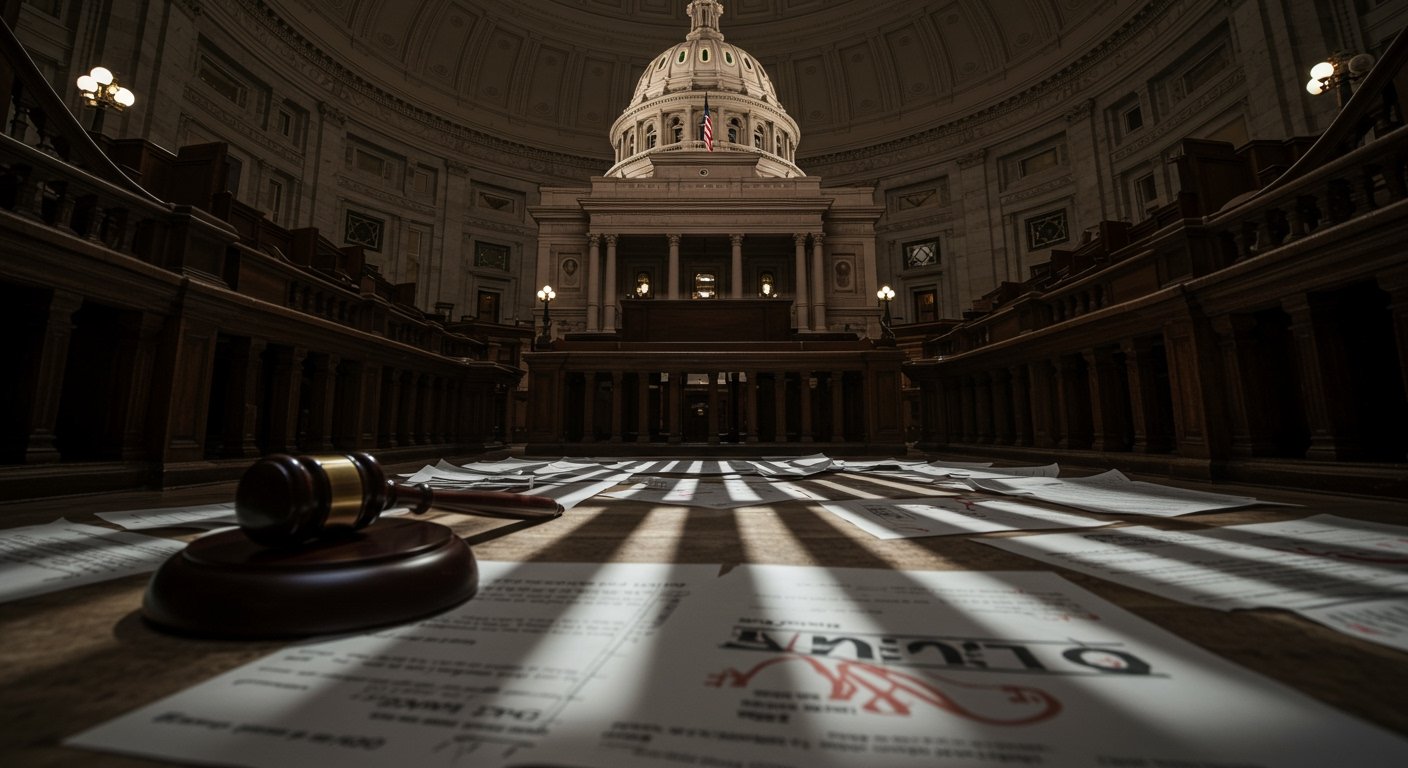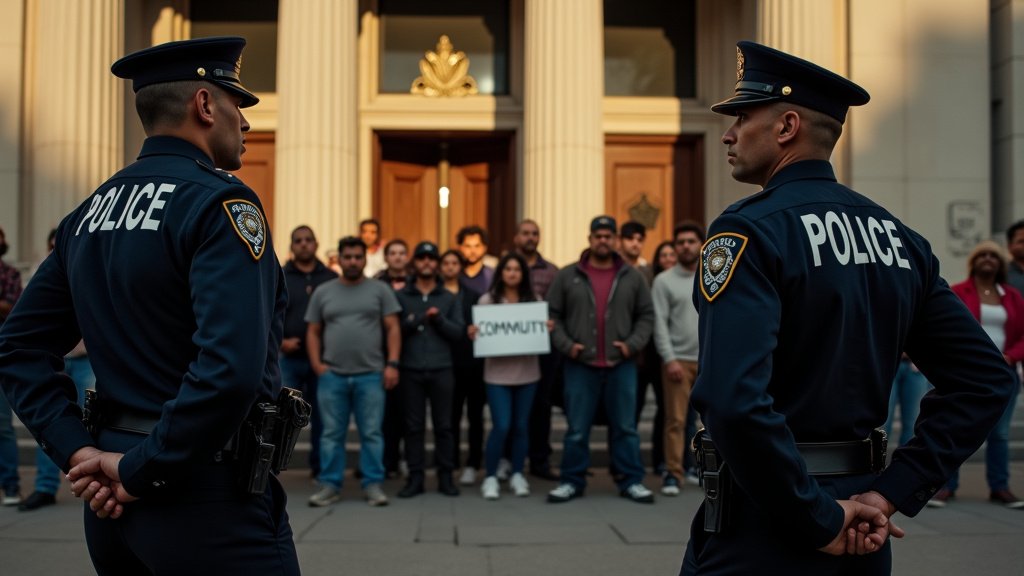A significant political rift emerged in Texas state leadership this week following Governor Greg Abbott’s eleventh-hour veto of a key legislative measure. Lieutenant Governor Dan Patrick held a press conference on Monday, June 23, sharply criticizing the governor’s decision to reject Texas Senate Bill 3 (SB 3), a bill designed to implement a statewide ban on all recreational tetrahydrocannabinol (THC) products.
Lieutenant Governor Patrick’s Reaction
Speaking to reporters, Lieutenant Governor Patrick did not mince words, expressing palpable surprise and disappointment regarding Governor Abbott’s veto. The veto, which occurred around 11 p.m., struck down legislation that had navigated the complex state legislative process. Patrick characterized the timing and nature of the veto as unexpected, particularly given the bill’s objective.
More pointedly, the Lieutenant Governor claimed that the veto signals Governor Abbott’s underlying desire to legalize marijuana in Texas, a policy outcome Patrick appears to oppose. This assertion introduces a new layer of political tension, suggesting a fundamental disagreement between the state’s top two elected officials regarding cannabis policy.
Patrick also detailed his level of involvement, or lack thereof, during the bill’s journey through the legislature. He stated he had minimal contact with Governor Abbott during both the drafting phase and the legislative passage of Senate Bill 3. This claim highlights a potential breakdown in communication or collaboration between the Lieutenant Governor’s office and the Governor’s mansion on a significant policy matter.
Governor Abbott’s Stated Rationale for Veto
In contrast to Patrick’s public critique, Governor Abbott’s rationale for vetoing SB 3 was articulated in his official veto proclamation. The proclamation laid out specific conditions and concerns that the Governor believes were not adequately addressed by the bill.
According to the Governor’s statement, Texas requires a comprehensive regulatory framework for hemp and THC products. Such a framework, in his view, is essential to ensure public safety, align with existing federal law, establish a fully funded enforcement structure, and facilitate prompt implementation across the state.
This suggests that while SB 3 sought an outright ban on recreational THC products, Governor Abbott’s perspective favors a regulated approach rather than prohibition, provided the regulatory system is robust and addresses key logistical and legal considerations. The mention of aligning with federal law is particularly pertinent given the evolving landscape of cannabis-related regulations at the national level.
A Look Towards Future Regulation
Governor Abbott’s veto proclamation went further than simply rejecting SB 3; it also suggested a potential path forward for regulating these products. The Governor proposed a model similar to alcohol regulation. This comparison implies a system involving licensing, taxation, age restrictions, and state oversight of production and distribution – elements characteristic of alcohol control in Texas.
The proclamation also floated the possibility that enforcement of such regulations could potentially fall under the purview of the Texas Alcoholic Beverage Commission (TABC). Assigning oversight to the TABC, an established state agency with experience in regulating controlled substances, would represent a significant shift in how THC products are managed in Texas, moving them from an unregulated or prohibited status towards a controlled market.
Support for SB 3 Asserted by Patrick
Lieutenant Governor Patrick countered the notion that SB 3 lacked necessary support or consideration during its legislative journey. He asserted that Senate Bill 3 had garnered broad support from various key stakeholders across the state.
Specifically, Patrick claimed that both police departments and medical professionals had expressed support for the bill as it was written and passed by the legislature. This statement aims to validate SB 3’s approach and suggest that it aligned with the concerns and priorities of those on the front lines of public safety and healthcare.
The differing perspectives presented by Lieutenant Governor Patrick and Governor Abbott highlight a clear divergence in strategy regarding recreational THC products in Texas. While SB 3 represented a legislative attempt to enact a complete ban, Governor Abbott’s veto and subsequent comments signal a preference for a regulated market, provided the necessary legal, safety, and enforcement structures are put into place. The public disagreement on Monday, June 23, underscores the complexity and political sensitivity surrounding cannabis policy in the Lone Star State.






